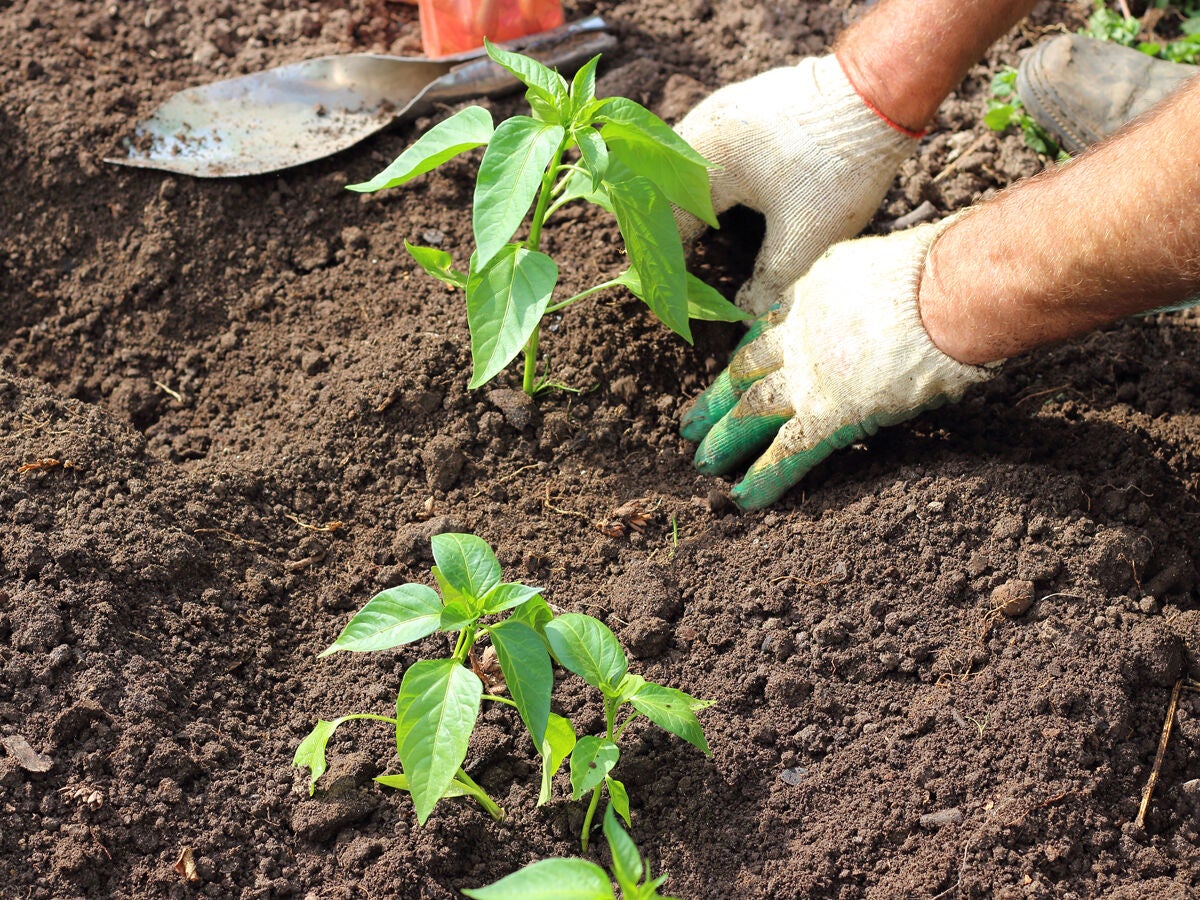Eco-friendly gardening for beginners

As pandemic disruption and increased professional freedom allows more Kiwis to move away from urban and areas and into our regions, lifestyle properties have become increasingly popular with a new generation of Kiwi purchasers.
Informed by the experience of a global health crisis and ongoing concerns around the ethics of what we eat, the growing movement toward environmental consciousness continues to feed a desire for eco-friendly hobby farming.
In this article, Bayleys has put together top tips from the experts about how to flex your green thumb in the most efficient way.
THE EDIBLE GARDEN
For beginners intimidated by the idea of biting off more than they can chew (or harvest), starting with just a small planter box of salad greens like kale, mesclun and lettuce, or easy-growing herbs like parsley, mint and oregano is the answer.
These make wonderful additions to any summer meal and ensure you’re starting slow.
As gardeners we are natural caretakers of the declining bee population, which provide the vital pollination necessary for a thriving garden. Plant varieties like borage, rosemary, sage and thyme which offer the best sustenance to these important members of the garden ecosystem.
For those planning something more substantial, spare soil is best put to use by planting fruit trees with variable cropping times, for example; stone fruit during the summer and citrus in winter.
HARNESSING HYDROPOWER
One of the most important lessons for new eco-friendly gardeners is to efficiently use rainwater, saving on valuable resources at a time New Zealand suffers from drought, while also saving on your water bill.
Harvesting rainwater using garden tanks is a great way to supplement irrigation, and modern filtration systems can similarly clean up greywater for use in the garden too.
Small behavioural changes such as installing an efficient watering system or watering the garden less frequently can also make a world of difference. Use mulch on top of gardens to trap moisture, or gravel instead of concrete to allow water to sink into the ground, rather than running off into the stormwater system.
COMPANION PLANTING
Companion planting is the age-old practice of growing certain crops together to improve their health and ultimate yield, while detracting predators and encouraging pollinators.
Gardeners for centuries have used these techniques instead of spraying harmful chemicals that potentially hurt other parts of the garden’s ecosystem and contaminate our stormwater.
Chives are known to deter aphids, while onions repel carrot fly, borage attracts black fly species keeping them away from other plants.
Celery helps to support bean growth, carrots and leeks work well together and asparagus, basil and parsley are ideal companions for tomatoes.
ORGANIC MATTERS
Making your own compost is a rewarding experience, with a growing number of at-home kits and worm farms available for beginners.
As well as providing a great outlet for the disposal of your organic waste, homemade compost (which can utilise your old coffee grounds, leaf mould and other household scraps) contains high quantities of beneficial micro-organisms to reduce plant disease and boost nutrient intake, not to mention that diverting scraps from the landfill is always a good idea.
PLANNED PLANTING
Creating a strategy to achieve your gardening goals can ensure the most efficient use of your garden, saving on costly trial and error lessons.
Online resources, landscape gardening businesses and even tips from your neighbours can ensure your species survive to live fruitful lives.
Basics like including native species where possible, planting drought tolerant plants in hotter areas, shade-lovers under trees and thirsty species where they will thrive ensure your garden will have ultimate success this summer.